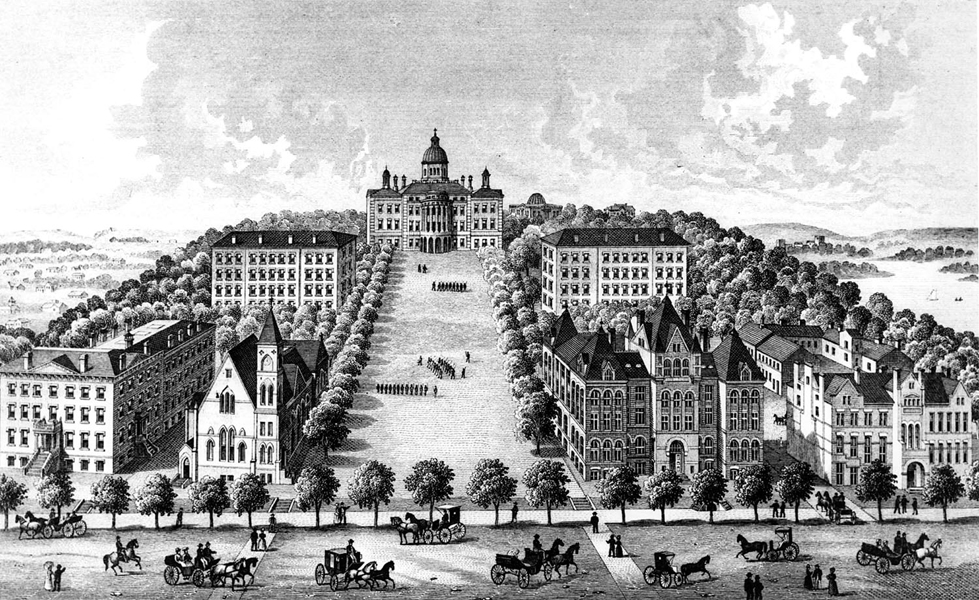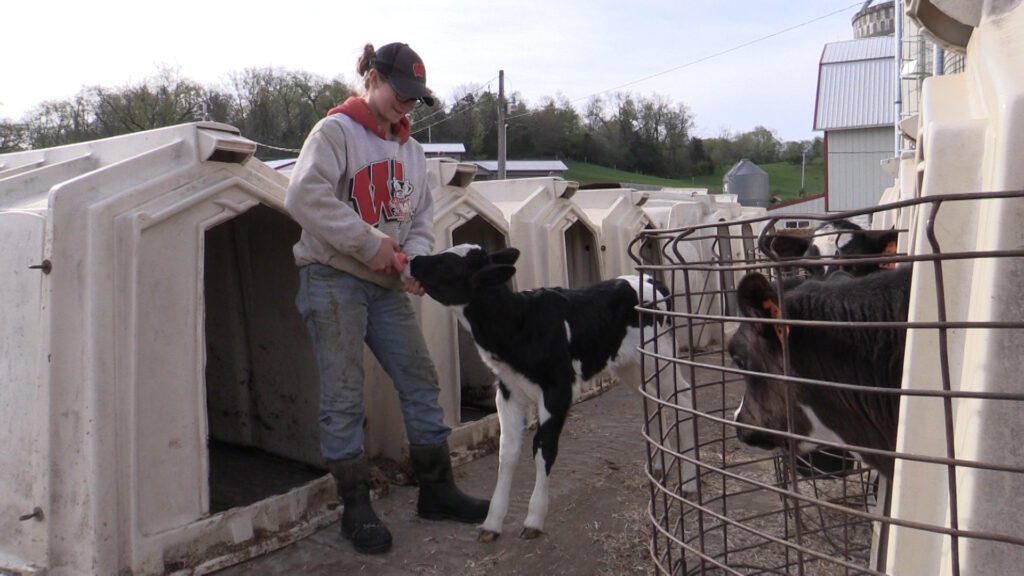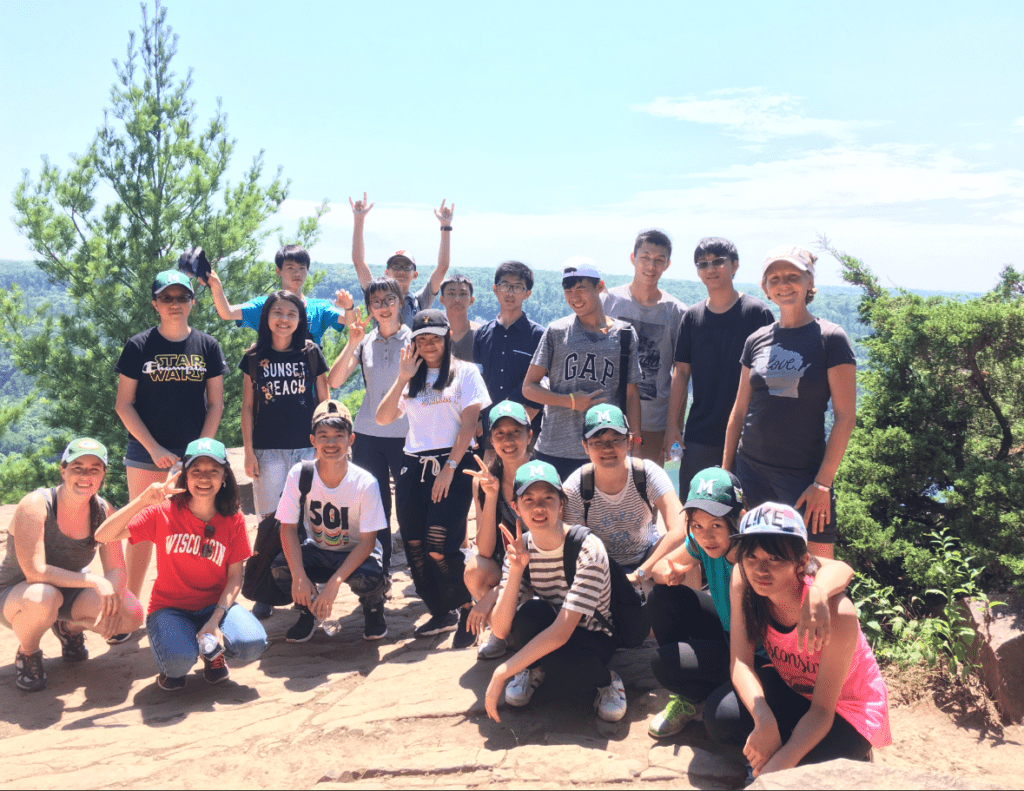
In the mid-19th century, there were no agricultural courses in the state of Wisconsin. But farmers wanted to learn more about chemistry, botany, and veterinary science, so the University of Wisconsin created the Farm & Industry Short Course in 1886. Because a traditional academic term would have been impractical for these nontraditional students, the university carved out a 12-week session during the non-growing season when the farmers could take time away from their chores.
The Farm & Industry Short Course exists to this day, training a new generation to operate farms and run agricultural businesses. Though still timed to the Midwest’s non-growing season, the program has evolved to meet 21st century needs. It’s a classic example of UW-Madison’s commitment to innovation and entrepreneurship: a means of serving more learners over the course of their lives.

In a new age of virtual classrooms and immersive technology, the university continues to think creatively about serving its audience. This approach is consistent with the Wisconsin Idea: the conviction that UW-Madison resources should help the community. When we develop programs that make it more convenient for people of all kinds to continue their education, we are honoring a tradition that stretches back almost 150 years.
Expanding opportunities
Along with creating the Farm & Industry Short Course, UW-Madison became a pioneer in summer education in the 1880s. The Summer School for Teachers was a four-week program for secondary-school educators, helping them develop professional skills during their three-month break from the classroom. By the early 20th century, the summer session had transformed into an extension of the regular academic year for a broad range of students.
The transformations continue in the modern-day Summer Term, and for the same reasons: to help students meet their academic and professional goals in a rapidly changing world. Over the past two years, UW-Madison has worked to address their needs for more flexible courses, more high-demand courses, and more hands-on experiences during the summer. Among other changes, we’ve added online and blended courses for those who can’t squeeze a face-to-face course into their summer schedules—and not surprisingly, we’ve seen enrollment in these courses double over the past two years.

We’ve also noticed increased interest in precollege and early-start programs during the summer. Last year, we created the American Culture and English Program, a three-week residential program for international high school students who hope to improve their English and learn about an American university. And this summer, we launched the International Student Summer Institute for incoming UW-Madison freshmen from abroad who want to sharpen their language skills before fall classes begin, as well as orient themselves to the campus and the city. Both of these programs bring new audiences to UW-Madison, preparing them for the academic and cultural challenges of college life.
Looking ahead to summer 2018, we’re planning more new programs that meet the needs of nontraditional learners. One of them even harks back to the origins of Summer Term in the 19th century: a course on Design Thinking for K-12 Teachers, developed jointly by the College of Engineering and School of Education.
Advancing a career
The past decade has seen a rise in adults seeking post-baccalaureate programs that will teach them new professional skills. But these prospective students often have jobs and family responsibilities that don’t allow them to attend classes full-time on a college campus. How to meet their needs? Once again, UW-Madison has drawn inspiration from its long tradition of innovation and entrepreneurship.

In 2015, the university created the web portal Professional Degrees and Certificates to highlight its growing menu of flexible degree, certificate, and noncredit programs. They include online, hybrid, accelerated, and evening/weekend offerings that can easily fit into busy schedules. For health professionals, engineers, educators, social workers, and many others, this is a way to learn the specialized skills necessary for moving forward in a career or changing careers altogether.
It should be no surprise that the Farm & Industry Short Course, created way back in 1886, is part of today’s pdc.com. Just as in the 19th century, the program offers a customized format for nontraditional learners, allowing them to take full advantage of UW-Madison expertise.
The university will continue to create such innovative programs: we always have and always will. The more learners we serve, the more we will benefit Wisconsin and the world.